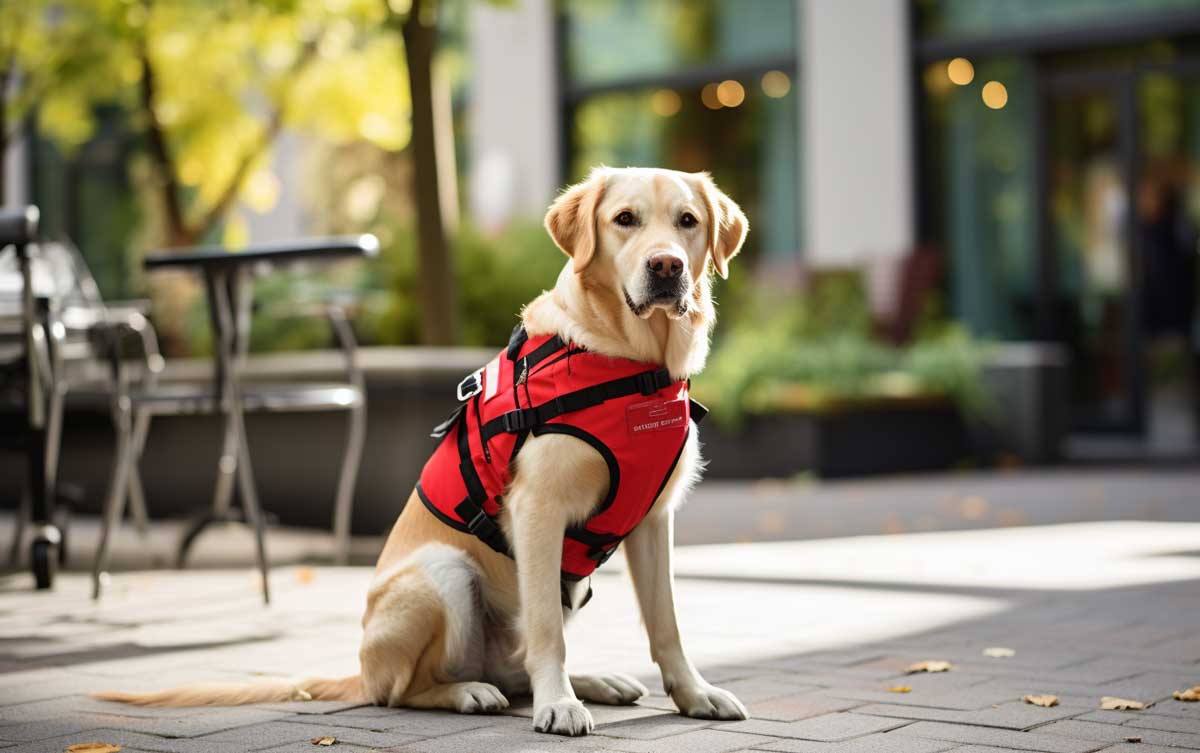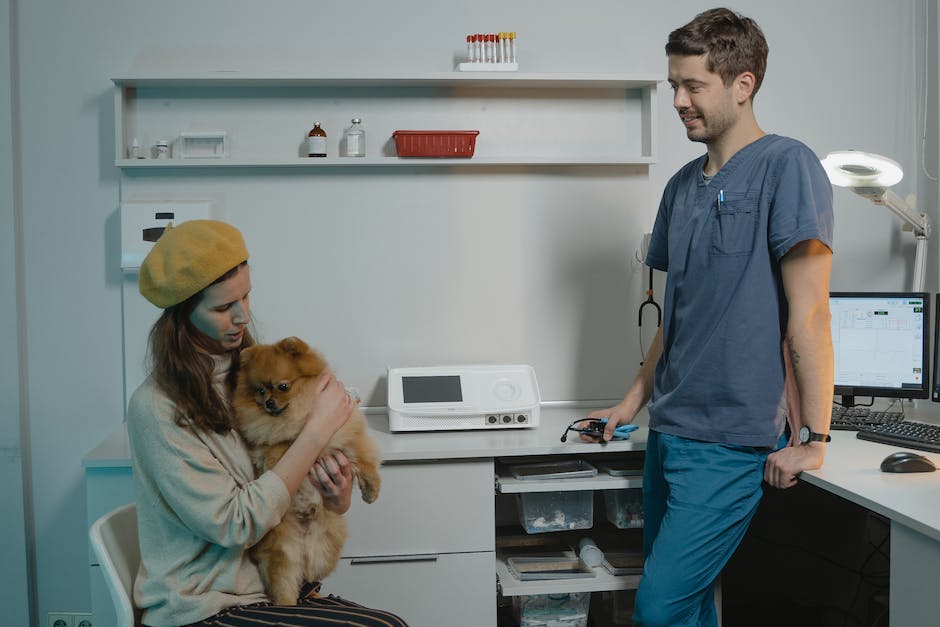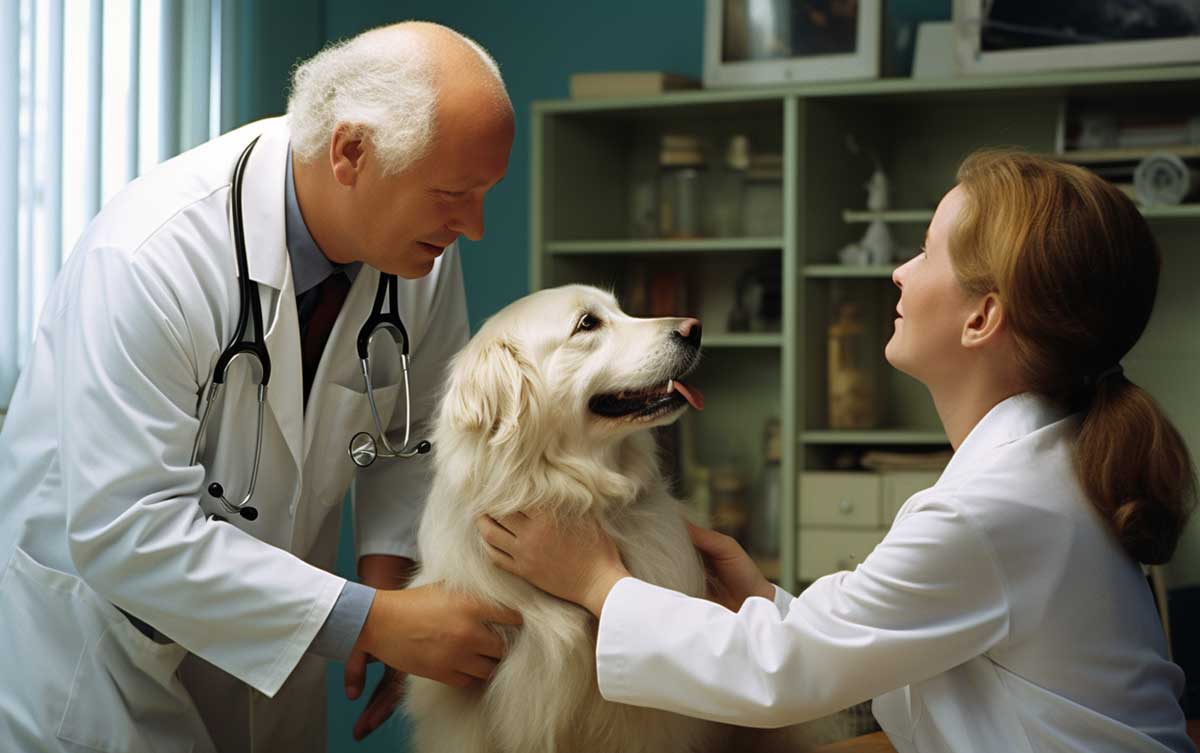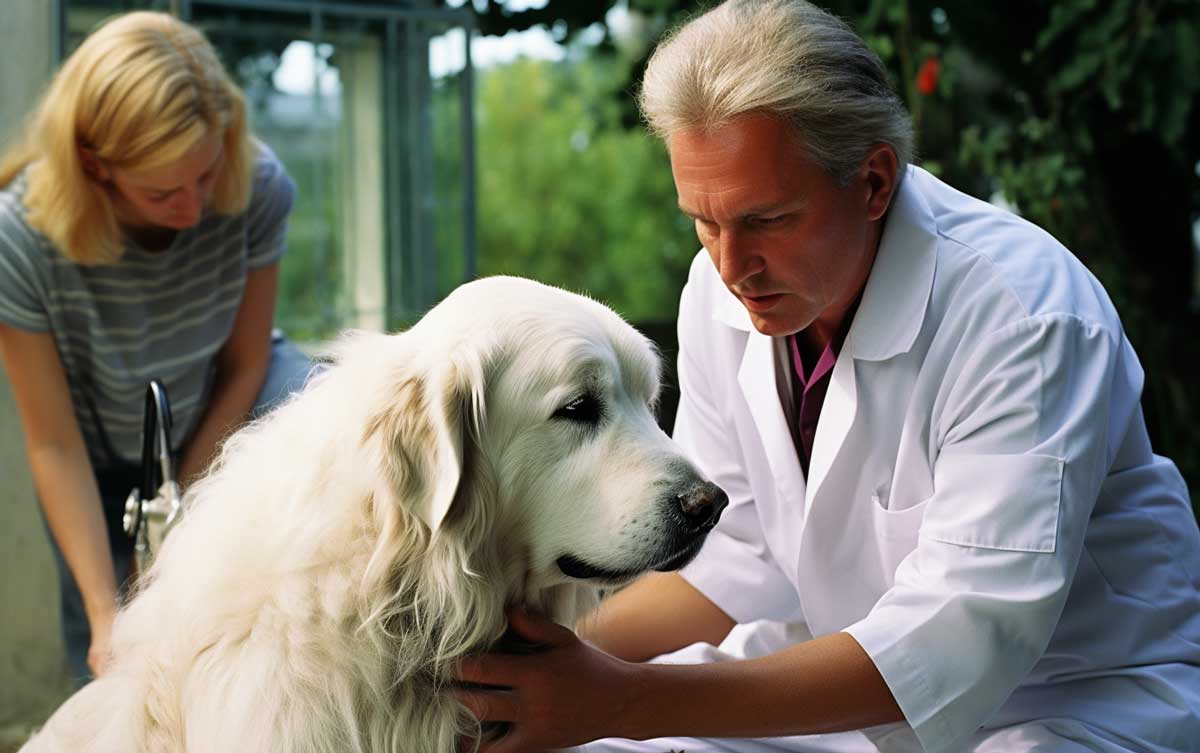Pets are a beloved part of many families, and keeping them healthy and happy is a top priority. However, unexpected medical expenses, such as surgery, can quickly become overwhelming. If you find yourself in need of financial assistance for your pet's surgery, don't lose hope – there are resources available to help.
Seeking financial assistance for pet surgery can be a challenging and overwhelming task. However, with the right knowledge and resources, you can navigate the process and secure the necessary funds for your furry friend's surgery. In this article, we will explore different avenues for obtaining financial assistance for pet surgery, providing you with valuable information to ease your worries and help your pet get the care they need.
Skyrocketing Vet Bills: The Real Cost of Pet Surgery
Pet surgeries can often cost thousands of dollars, making it difficult for many pet owners to afford the necessary treatment. The cost varies considerably based on the type of surgery. As veterinary medicine has advanced, there's been a rise in specialized pet treatments, from orthopedics to cardiology.
For instance, a canine ACL surgery can range from $1,000 to $3,000, depending on the complexity and location. Routine procedures like spaying and neutering can cost anywhere from $50 to $500, while more complex surgeries, such as tumor removal or hip replacements, can range from $1,000 to $5,000 or more.
While the love and companionship pets provide are invaluable, owners should be prepared for significant medical expenses, especially when surgeries are required. In these situations, pet owners may feel helpless and unsure of where to turn for help.
However, there are organizations and programs dedicated to providing financial assistance for pet surgeries, ensuring that pets receive the medical attention they need. Being aware of the potential costs and exploring options like pet insurance and financial assistance can help in making informed decisions for the furry family member.
What is Financial Assistance for Pet Surgery?
Pet surgeries can be expensive, and not every pet owner has the means to cover these costs upfront. Financial assistance for pet surgery refers to programs, foundations, or resources that offer monetary help or reduced costs to pet owners facing significant veterinary expenses, especially for surgeries.
When faced with the difficult decision of pet surgery, financial concerns should not be the sole deciding factor. However, with the availability of financial assistance options, pet owners can find some relief and peace of mind knowing that there are resources to support them in providing the necessary care for their furry companions.
Types of Financial Assistance Available
1. Grants and Funds
One option for financial assistance for pet surgery is grants and funds specifically designated for veterinary care. These grants are typically offered by nonprofit organizations and are designed to provide financial aid to pet owners in need.
To access these grants, you will often need to submit an application that outlines the details of your pet's medical condition and the cost of the surgery. If approved, the grant can help cover a portion or even the entire cost of the surgery.
2. Charitable Organizations
Many charitable organizations are dedicated to helping pet owners afford veterinary care, including surgical procedures. These organizations often have specific funds or programs in place to provide financial assistance. Some organizations may require an application process, while others may offer assistance on a first-come, first-served basis. It's worth researching these organizations in your area to see if they can help with your pet's surgical expenses.
3. Crowdfunding Platforms
In recent years, crowdfunding has become a popular way for individuals to raise funds for various needs, including pet surgeries. Websites such as GoFundMe or YouCaring allow individuals to create fundraising campaigns and share their story and financial need with friends, family, and even strangers. By leveraging the power of social media, you can reach a wide audience and potentially raise the funds necessary for your pet's surgery.
4. Care Credit
Another option for financial assistance for pet surgeries is Care Credit. Care Credit is a credit card specifically designed for healthcare expenses, including veterinary care. It offers special financing options, such as interest-free periods, which can make paying for your pet's surgery more manageable. Before utilizing Care Credit, it's important to check the terms and conditions to ensure it aligns with your financial situation.
Eligibility for Financial Assistance for Pet Surgery
1. Pet Owners with Limited Resources
-
Income Verification: Many programs require proof of income, such as recent pay stubs or tax returns, to ensure the pet owner genuinely needs financial assistance.
-
Residency: Some assistance programs may be specific to a particular city, county, or state. Ensure you meet the residency requirements.
-
Medical Necessity: Financial aid is often given based on the urgency and necessity of the procedure. Emergencies or life-saving procedures may be prioritized.
2. Veterinary Hospitals and Clinics Eligible for Assistance Programs
-
Accreditation: Some financial assistance programs might require the veterinary clinic or hospital to have specific accreditations, like from the American Animal Hospital Association (AAHA).
-
Partnership with Charities: Clinics that partner with charitable organizations might have more access to funds. This partnership can be formal or informal.
-
Service Record: Clinics that have a history of offering discounted or pro bono services may be more likely to receive support.
3. Criteria for Eligibility from Different Sources of Financial Aid
-
Pet Health Insurance: Insurance typically doesn't require proof of income. However, the pet's medical history, age, and breed can influence coverage and premiums.
-
Charitable Organizations: Many charities have strict criteria, often based on the pet owner's income, the pet's medical needs, and available funds.
-
Credit Options: Financial institutions might require a credit check, proof of income, or other financial documentation. Interest rates and terms can vary.
-
Fundraising Platforms: There's usually no strict eligibility criteria for starting a fundraiser, but a compelling story and transparent documentation of the need can help gain donors' trust.
In summary, while many financial assistance programs aim to help pet owners and clinics in need, it's essential to be aware of the specific criteria of each source. Always communicate openly and transparently, gather all necessary documentation, and explore multiple avenues to find the best fit for your situation.
How to Apply for Financial Assistance for Pet Surgery
Having a pet is a wonderful experience, but sometimes unexpected medical emergencies can arise, leaving you with hefty veterinary bills. In such situations, applying for financial assistance for pet surgery can be a lifesaver. Here's a step-by-step guide on how to navigate through this process:
1. Research Different Assistance Programs
Start by researching different assistance programs that provide financial aid for pet surgeries. Look for organizations and charities that specifically focus on helping pet owners in need. There are numerous national and local organizations that offer grants, funds, or low-cost options for pet surgeries. Make a list of the programs that align with your requirements.
2. Understand Eligibility Criteria
Each assistance program will have its own eligibility criteria. Some programs may require you and your pet to meet certain income thresholds or have specific medical conditions. Read through the requirements carefully to determine if you qualify for assistance.
3. Gather Required Documentation
Once you have identified the programs you are eligible for, gather all the necessary documentation they require. This may include proof of income, medical records, a referral from a veterinarian, and any other relevant documentation. Have them ready and organized to streamline the application process.
4. Fill Out Applications
Visit the websites of the assistance programs you have chosen and download their application forms. Fill out each form accurately and provide complete information. Take your time to ensure that all the required fields are filled out correctly.
5. Provide Supporting Documents
Along with the application forms, you will likely need to provide supporting documents as per the program's requirements. Make sure to attach all the necessary documents with each application, as incomplete applications may result in delays or rejection.
6. Submit Applications
Once you have filled out the applications and gathered all the supporting documents, it's time to submit them. Verify the submission process for each program – some may require you to mail the documents while others may accept online submissions. Follow the instructions provided by each program carefully.
If you don't receive financial assistance from the programs you applied to, don't lose hope. There are other resources available that may be able to help you. Reach out to local animal shelters, veterinary schools, or humane societies to inquire about potential assistance options.
Frequently Asked Questions
1. Is financial assistance available for pet surgery?
Yes, there are various sources of financial assistance for pet surgery. These include nonprofit organizations, crowdfunding platforms, and certain veterinary clinics that offer payment plans or discounted services.
2. How can I find financial aid for my pet's surgery?
To find financial aid for your pet's surgery, start by researching nonprofit organizations that specifically provide assistance for veterinary care. Websites like CareCredit and Scratchpay offer financing options for pet owners.
3. What are the eligibility requirements for financial assistance?
The eligibility requirements vary depending on the organization or program. Some may have income restrictions or specific criteria related to the pet's condition.
4. Are there any options for low-income pet owners?
Yes, there are programs specifically designed to assist low-income pet owners. Organizations like The Pet Fund and RedRover provide financial assistance to individuals who meet their income guidelines.
5. Can I negotiate the cost of my pet's surgery with the veterinarian?
In some cases, veterinarians may be willing to work with you to find a suitable payment plan or offer a discounted rate. It is worth discussing your financial situation openly with your veterinarian to explore potential options.
Learn How to Get Free Pet Food With EBT
Amid rising veterinary expenses, financial assistance for pet surgery has become an indispensable lifeline for countless pet owners. Such aid ensures that our furry friends receive the vital care they need, even when finances are tight.
However, covering surgery isn't the only concern. Pet food costs can also take a toll on your limited budget. A fundamental, everyday query many pet owners have is: Can you buy pet food with EBT? Discover how you can save on pet food costs with EBT!







